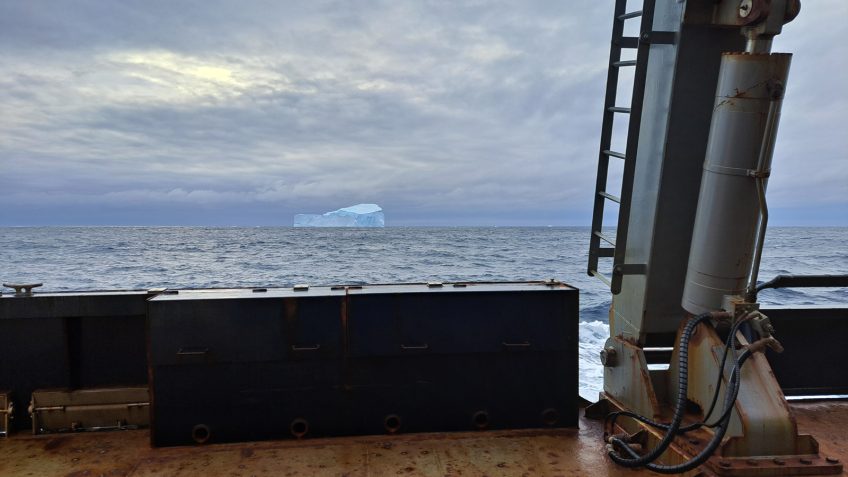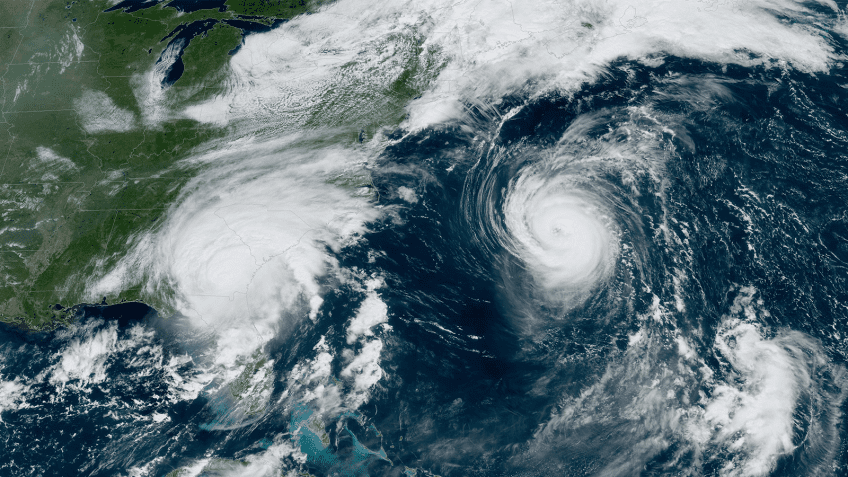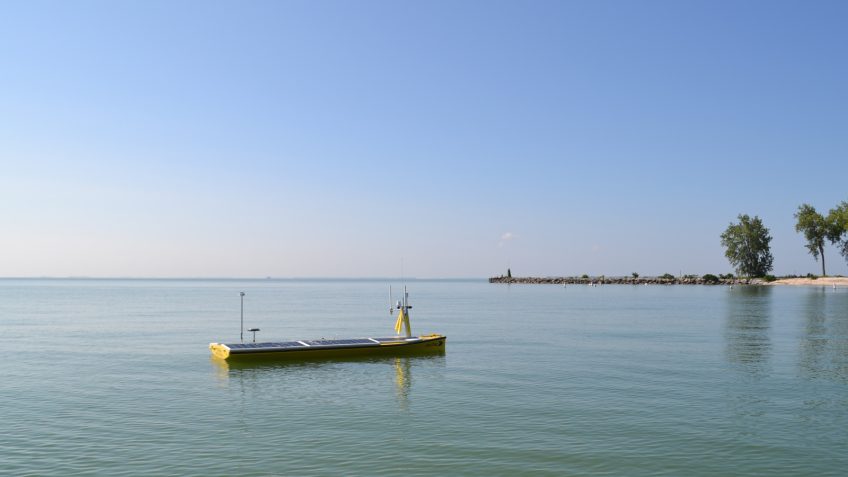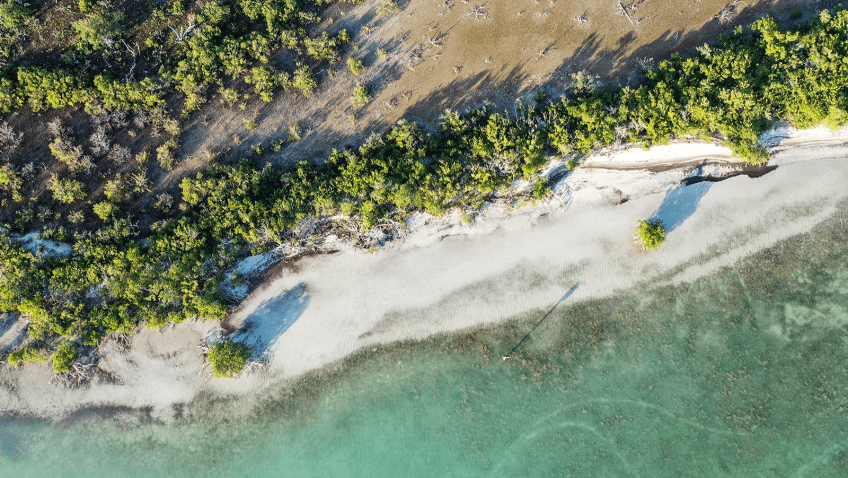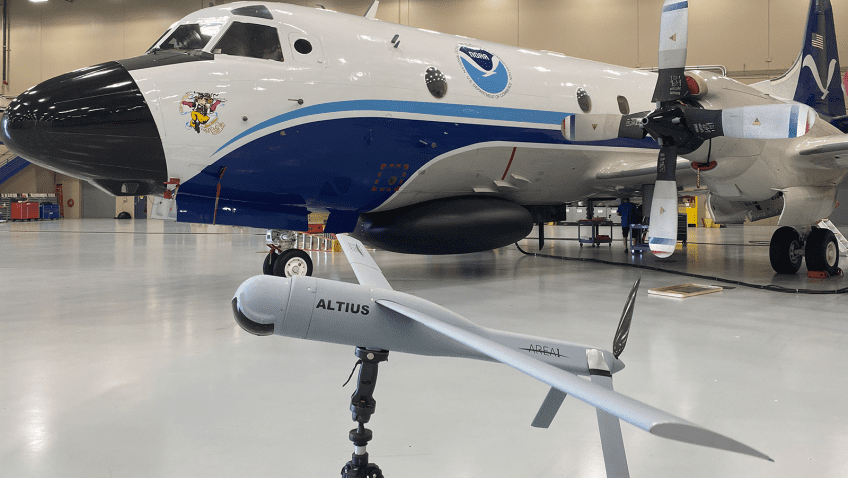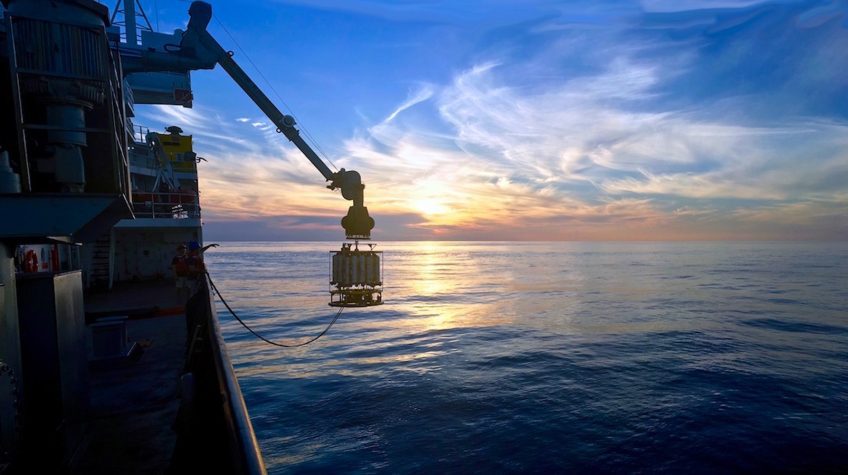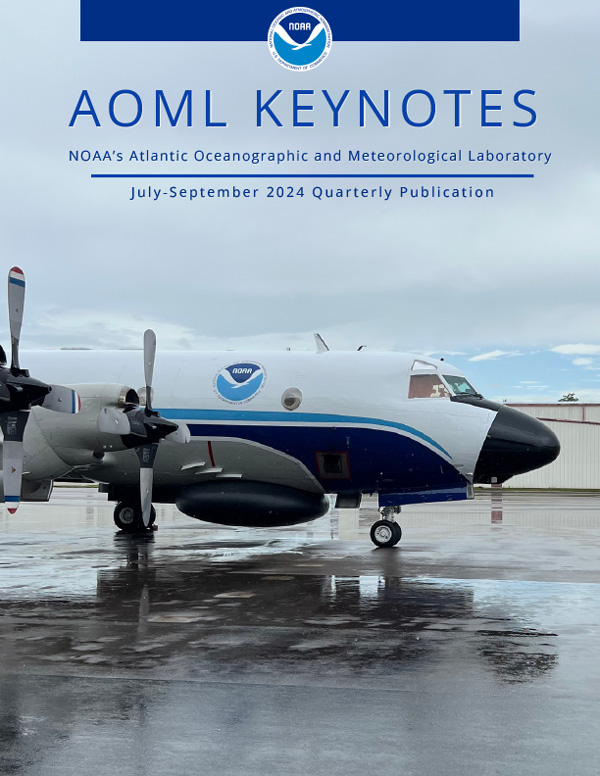Ships of Opportunity: Crossing the Arctic to investigate the ocean’s uptake of carbon and increasing Ocean Acidification
The air and surface temperature tip just above freezing. Cruiseliner Ponant’s 492-ft vessel Le Commandant Charcot floats idle at marked coordinates in the Arctic tundra between Alaska and Norway. On the aft deck, a team of scientists deploys Niskin bottles using a handcrank to the depths, collecting water samples 900 meters below an ocean blanketed […]




